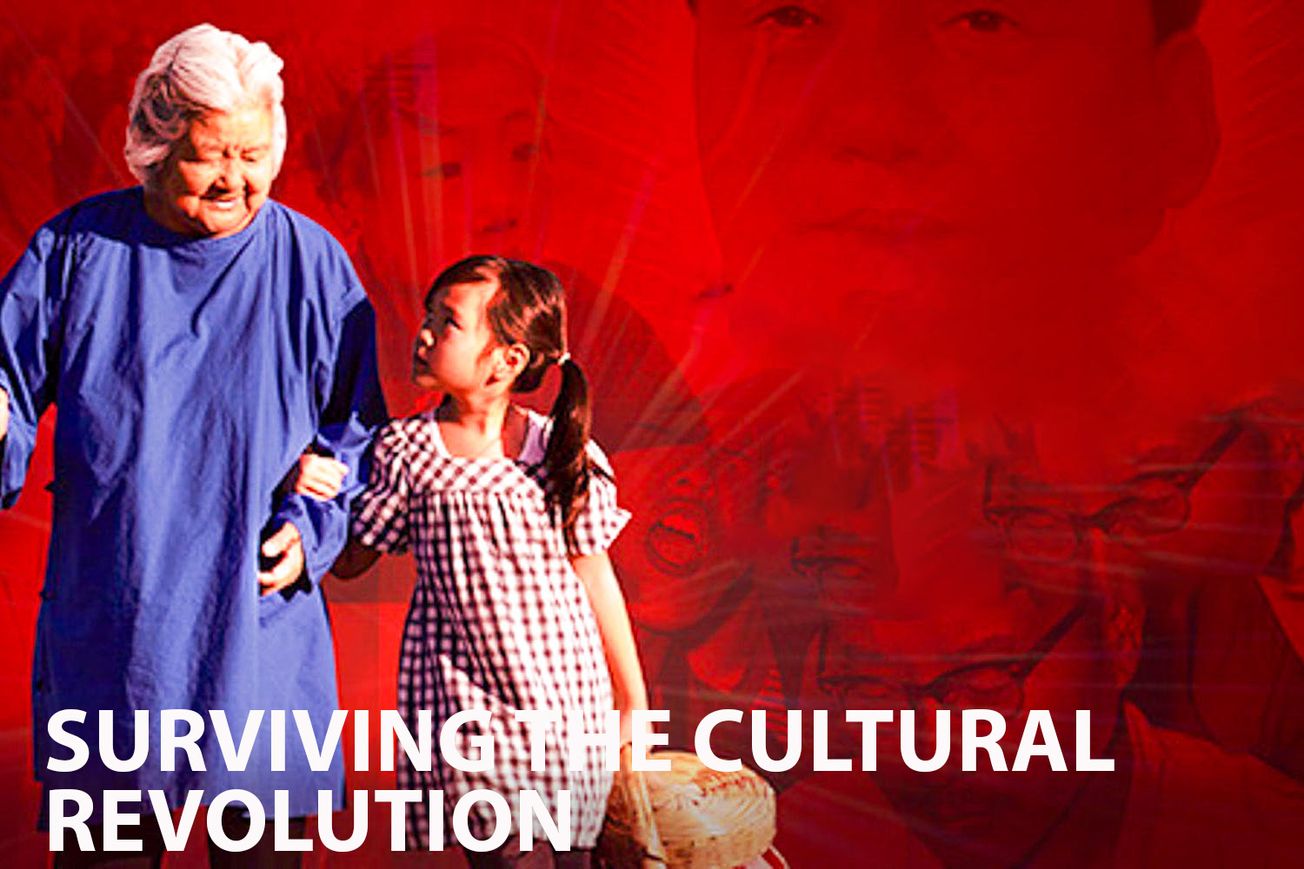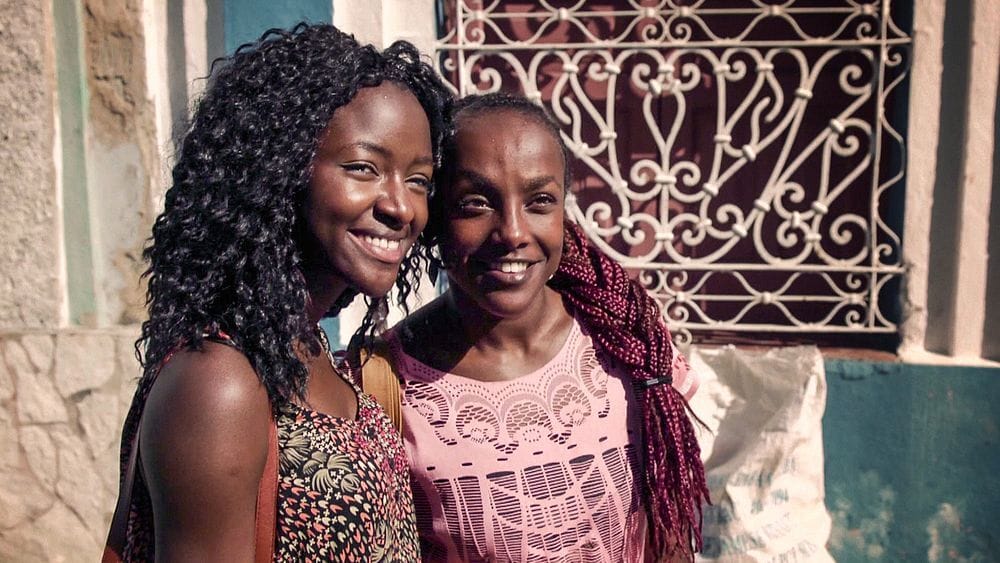Keywords: *, Cultural Revolution, China, family, identity, history, political upheaval, multicultural society. Three Words Summary: Heart-wrenching, enlightening, personal
Introduction
"Surviving the Cultural Revolution: Mulberry Child", directed by Susan Morgan Cooper and released in 2016, is a poignant documentary that offers a unique insight into the devastating effects of Mao's Cultural Revolution on the Chinese population during the 1960s. 50 years later, this dark period remains a controversial and taboo topic in China. The film explores this through the deeply personal narrative of one family, highlighting the importance of understanding and acknowledging our cultural and historical roots.
Synopsis
The documentary follows Jian Ping, a survivor of the Cultural Revolution, as she courageously shares her family's harrowing experiences across three generations. The film juxtaposes Jian's struggle with her American-raised daughter, Lisa, who initially shows little interest in her Chinese heritage or her mother's past. However, as Lisa accompanies Jian to China to visit her dying grandfather, Hou Kai, she begins to understand the profound impact her family's history has on her present life.
More Film Analysis
Analysis
This is an emotive and revealing documentary that uses a participatory approach to narrate a deeply personal story. The use of rare archival footage and dramatic cinematic reenactments adds a compelling layer of authenticity to the narrative. The film successfully blends meticulous research, deep subject exploration, and a gripping storytelling style to bring to life a complex and often misunderstood period of Chinese history.
Historical and Factual Context
Mao's Cultural Revolution was a period of radical socio-political upheaval in China that lasted from 1966 until 1976. The revolution led to widespread societal chaos, economic instability, and the persecution of millions of people. It remains a sensitive and controversial topic in China today.
Key themes in the film
- The importance of acknowledging and understanding our cultural and historical roots
- The devastating effects of political upheaval on ordinary families
- The struggle for identity and acceptance in a multicultural society
Film Comparisons
Unlike other films on iWonder that explore China's modern history, "Surviving the Cultural Revolution: Mulberry Child" provides an intimate, personal perspective on the Cultural Revolution, making the historical events feel immediate and deeply affecting.
Noteworthy Moments
One of the most significant moments in the documentary is when Lisa finally understands and appreciates her mother's struggles, illustrating the transformative power of empathy and understanding.
Reviews
The documentary has been praised for its touching narrative, meticulous research, and the director's sensitive handling of a controversial subject.
Conclusion
"Surviving the Cultural Revolution: Mulberry Child" is a powerful exploration of family, identity, and history. It's a must-watch for anyone interested in understanding the human impact of political upheaval and the value of cultural heritage.
More film information:
FILM SUMMARY
- IMDB Score:
- Rotten Tomatoes Score:
- Metacritic Score:
- Film Festival Awards:
PERSONALITIES
- Jian Ping: The protagonist who shares her family's harrowing experiences during the Cultural Revolution.
- Lisa: Jian's American-raised daughter who initially struggles to connect with her Chinese heritage.
LOCATIONS
- China: The film takes viewers to China, offering a glimpse of the country's past and present.
- USA: The film also explores the multicultural identity struggles in the United States.
Key Questions Raised by the Film
- How does one's historical and cultural background shape their identity?
- What is the impact of political upheaval on ordinary families?
- How can understanding our roots help us navigate multicultural societies?
Links for Further Exploration
[Link to a reputable source about the Cultural Revolution]
[Link to an academic journal about Chinese history]
[Link to a news article about the contemporary significance of the Cultural Revolution]
I wonder what the film would be in another art form



- A Famous Book - It would be "Wild Swans" by Jung Chang for its intimate portrayal of family life amidst political turmoil in China.
- A Famous Song - It would be "Imagine" by John Lennon, representing the longing for peace amidst chaos.
- A Famous Piece of Art - It could be Picasso's "Guernica," representing the chaos and suffering caused by political upheaval.
- A Famous Celebrity - It would be Angelina Jolie for her work in raising awareness about human rights issues.
- A Colour - It would be red, reflecting both the cultural significance in China and the bloodshed of the Cultural Revolution.
- A Music Style - It would be a symphony, with its dramatic highs and lows mirroring the tumultuous journey of the protagonist.








